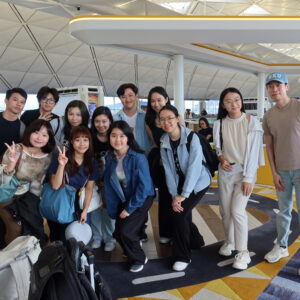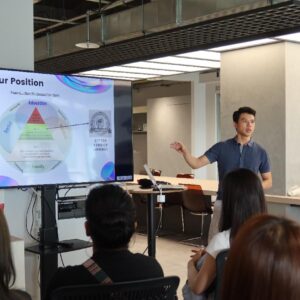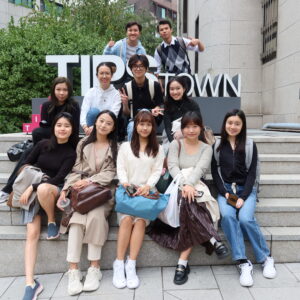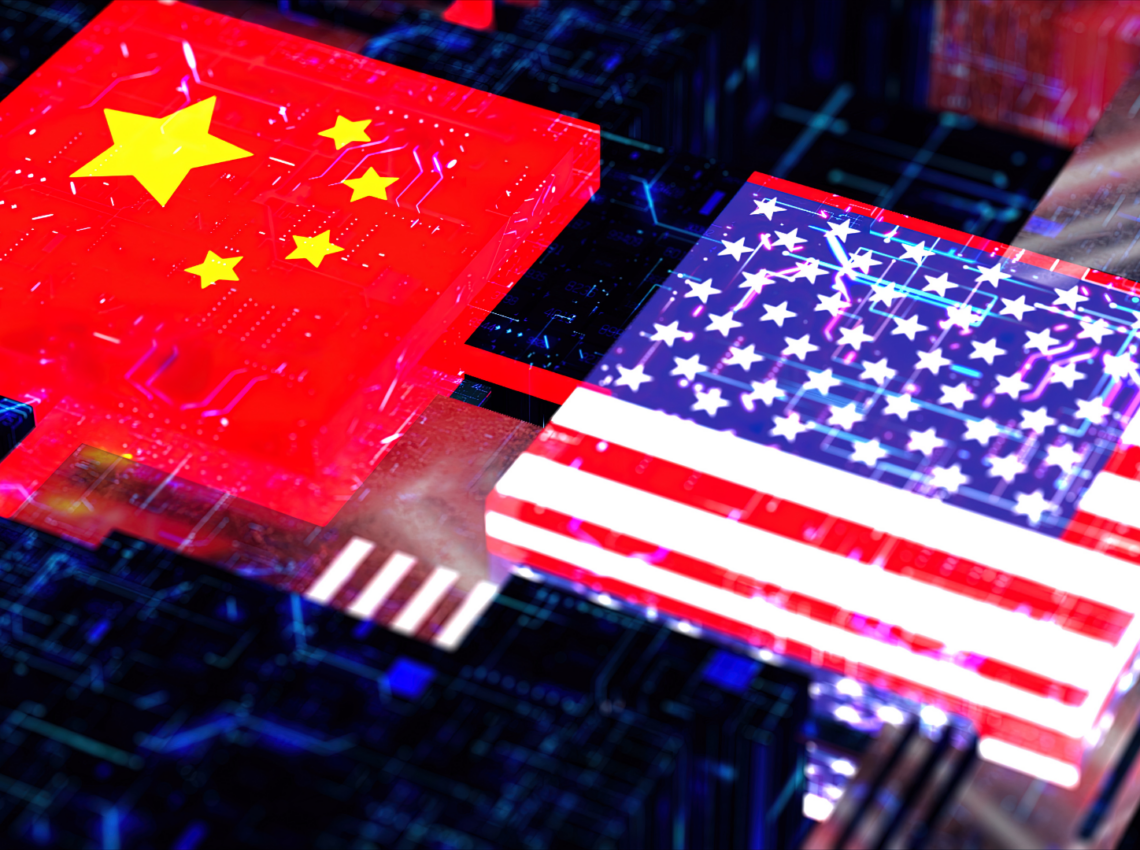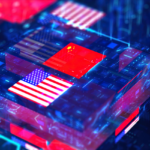Background
Chips with more than 300 trillion operations per second and 600 gigabytes interconnect speed per second (“Advanced Chips”) are essential to the development of machine learning and artificial intelligence. They have become a tension point in the US-China trade war.
To curb China’s access to Advanced Chips, the US Bureau of Industry and Security (“BIS”) implemented export controls on US companies (e.g. Nvidia) which sell certain Advanced Chips to China.
Similarly, non-US companies that use US equipment to produce Advanced Chips will need a license to export to China (e.g. TSMC).
Issue
Despite the above ban, China is leveraging loopholes to acquire these Advanced Chips. For instance, the China’s Nuclear Weapon Research Institute has shown to be using Advanced Chips from the US after the export ban. Currently, it is estimated that more than 40,000 of these banned chips are circulating in China.
The first method Chinese companies procure these Advanced Chips is by smuggling through neighboring countries and utilizing shell companies. The advanced chip in Huawei’s recently launched phone – Mate 60 Pro is said to be developed with the aid of smuggled US-produced chips.
The second method is by leveraging cloud service and utilizing their Advanced Chips computing power remotely – China-domiciled AI firm iFlyTek harnesses Advanced Chips computing power by “renting” Nvidia chips on cloud.8 The US government currently only focuses on monitoring chips exports, but not these cloud services offering, which creates loopholes for Nvidia to further enhance its cloud service to China.
Solution
To pinpoint the issue where Chinese companies use shell companies to buy Advanced Chips and ship them to China, BIS can assign unique ID to each chip and require ownership registration. When there is resale of large batch of Advanced Chip, companies are required to inform the BIS of such change of ownership, to ensure that Advanced Chips are not smuggled to China. This is feasible as US already runs this management model on lithography machinery, which is also in the semiconductor supply chain.
Additionally, random spot checks can be conducted by the BIS, to ensure that the actual owner of the Advanced Chip corresponds with the registered owner of the chip. It is estimated that roughly 5000 spots check annually should help prevent most of the smuggling.
To prevent Chinese companies from utilizing Advanced Chips through cloud services, the BIS can impose “know-your-customer” (“KYC”) requirements that use an abnormally large amount of computing power on cloud service providers, including Nvidia, Microsoft, Amazon. These companies should cease providing computing power via cloud for these companies once discover they are China-domiciled and report to the BIS.
Conclusion
To effectively enforce Advanced Chips export control, the BIS can consider assigning unique ID to each chip, conduct random spot checks and impose more stringent KYC requirements on cloud services companies in the US.

